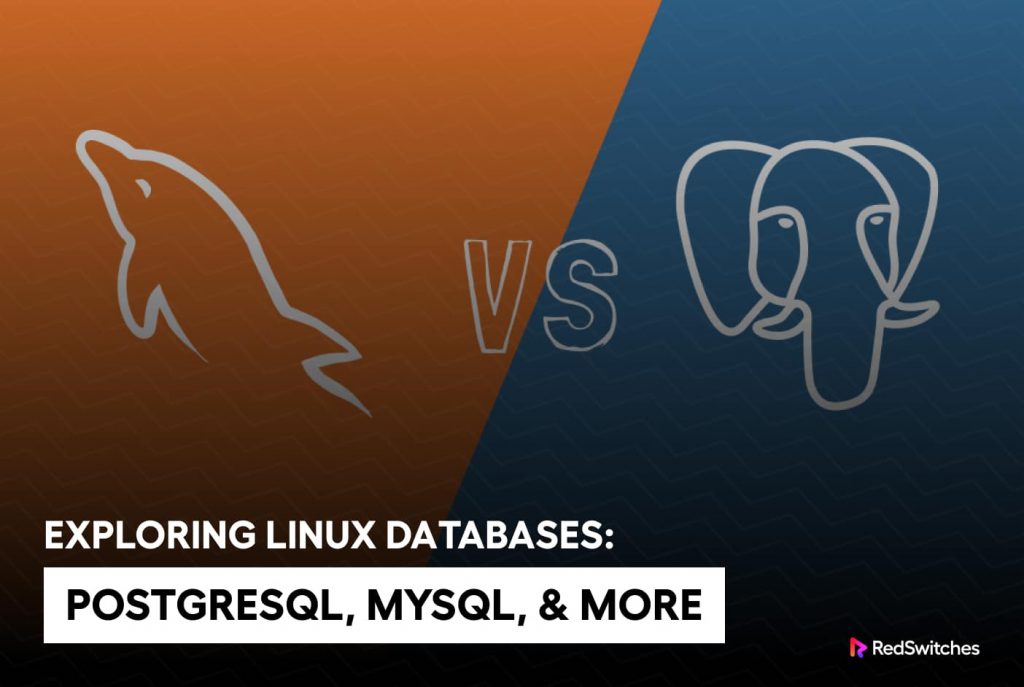

Thanks for contacting us. Someone from our team will go through your details and get in touch with you soon.

10, Amrapali Axiom, 4th Floor, Opp. Bopal Bridge, Ambli, Bopal - 380058

9909777343

Sales : sales@netedgetechnology.net
Support : support@netedgetechnology.net

In the intricate web of online presence, harnessing the power of DNS (Domain Name System) is akin to wielding a master key. And with cPanel, the gateway to seamless website management, unlocking advanced DNS management becomes a breeze. Let's dive into the heart of it:
DNS zones, the architectural blueprint of domain resolution, are the backbone of DNS management. In cPanel, they're categorized into master, slave, and hint zones, each serving a distinct purpose in orchestrating domain functionality.
DNS records, the elemental building blocks of connectivity, pave the way for seamless domain resolution. From A Records mapping domains to IP addresses, to MX Records dictating mail server destinations, each record plays a pivotal role in shaping online interactions.
Amidst the technical jargon lies a realm of innovation. With cPanel's intuitive interface, users can explore cutting-edge features like DNSSEC (Domain Name System Security Extensions), bolstering domain security with cryptographic signatures.
In the ever-evolving digital landscape, mastery of DNS management is non-negotiable. With cPanel's arsenal of tools for zones, records, and beyond, webmasters can navigate the complexities of online presence with confidence, ensuring their domains stand tall amidst the digital cacophony.
In the realm of website management, cPanel stands as the beacon of innovation, empowering webmasters to sculpt their online domains with precision and ease.

In the intricate ecosystem of web hosting, managing databases efficiently is paramount. Whether you're a seasoned webmaster or a budding entrepreneur, understanding the nuances of database management is crucial for ensuring smooth website operations. Among the myriad of database management systems available, MySQL and PostgreSQL stand out as stalwarts, but there are also other alternatives worth exploring. Let's delve into the realm of management in web hosting, exploring MySQL, PostgreSQL, and beyond.
Understanding MySQL: MySQL has long been a cornerstone in web hosting, renowned for its reliability, performance, and scalability. As an open-source relational database management system, MySQL is widely favored for its ease of use and compatibility with various web applications. Whether you're running a small blog or a sprawling e-commerce platform, MySQL provides the robustness needed to handle diverse workloads effectively.
Key Features of MySQL:
Exploring PostgreSQL: While MySQL reigns supreme in the web hosting arena, PostgreSQL emerges as a formidable contender, particularly for complex applications requiring advanced features and extensibility. As an object-relational database management system, PostgreSQL excels in handling diverse data types and complex queries with finesse.
Key Features of PostgreSQL:
Beyond MySQL and PostgreSQL: While MySQL and PostgreSQL dominate the landscape of web hosting databases, there are other noteworthy contenders worth considering, depending on specific requirements and preferences. Some alternative databases include:
Conclusion: In the dynamic realm of web hosting, effective database management is indispensable for ensuring optimal performance, scalability, and security of websites and applications. While MySQL and PostgreSQL remain stalwarts in the field, exploring alternative databases such as MariaDB, MongoDB, and SQLite can offer insights into diverse approaches to data management. By understanding the strengths and limitations of various database management systems, webmasters can make informed decisions to meet the evolving needs of their projects.

In today's digital age, businesses are increasingly relying on cloud computing to store and manage their data. With the exponential growth of data and the need for real-time analytics, it has become crucial for organizations to efficiently manage their cloud resources. This is where AI-driven cloud management comes into play.
AI-driven cloud management leverages artificial intelligence and machine learning algorithms to optimize the performance and scalability of cloud resources. By analyzing data patterns and predicting workload demands, AI can help organizations make informed decisions about resource allocation, cost optimization, and performance enhancement.
One of the key benefits of AI-driven cloud management is its ability to automatically scale resources based on demand. By analyzing historical data and predicting future workload patterns, AI can dynamically adjust the allocation of resources to ensure optimal performance and reduce costs. This not only improves the overall efficiency of cloud resources but also enhances the scalability of applications, allowing businesses to seamlessly handle fluctuations in workload.
Furthermore, AI-driven cloud management can help organizations identify and rectify performance bottlenecks in real-time. By continuously monitoring key performance metrics and analyzing data patterns, AI can proactively detect issues and recommend solutions to optimize performance. This proactive approach not only improves the overall reliability of cloud services but also minimizes downtime and ensures a seamless user experience.
Moreover, AI-driven cloud management can also help organizations optimize costs by identifying underutilized resources and recommending cost-saving measures. By analyzing usage patterns and predicting future demands, AI can help organizations make informed decisions about resource allocation and capacity planning, ultimately reducing unnecessary expenses and improving overall cost efficiency.
In conclusion, AI-driven cloud management is revolutionizing the way organizations manage their cloud resources. By leveraging the power of artificial intelligence and machine learning, businesses can enhance the performance and scalability of their cloud services, optimize costs, and ensure a seamless user experience. As the demand for cloud computing continues to grow, AI-driven cloud management will play a crucial role in helping organizations stay competitive in today's fast-paced digital landscape.